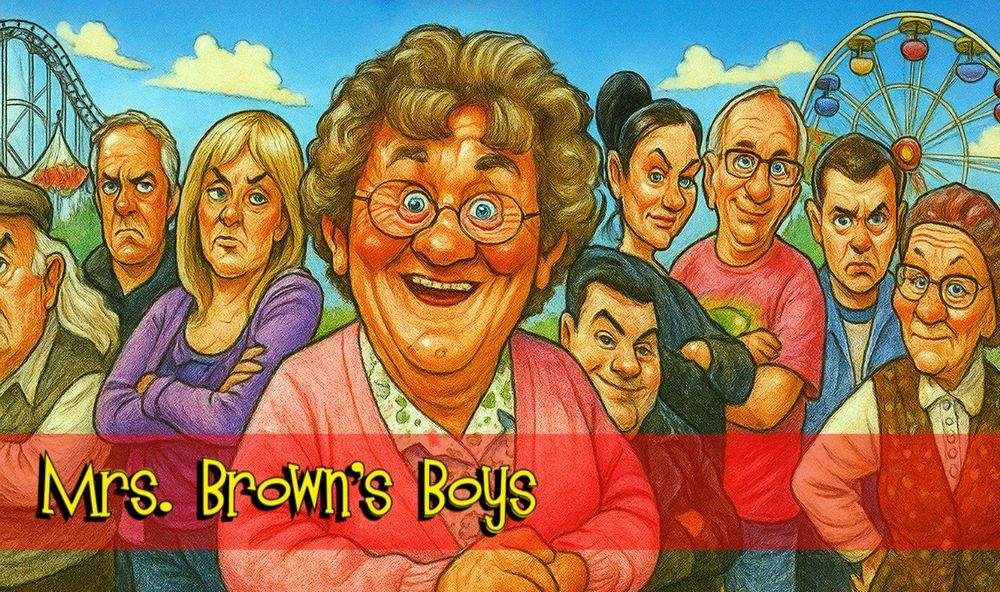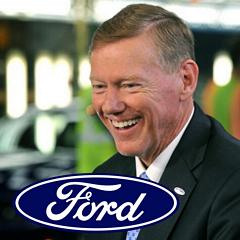Some one speaks admirably of the well-ripened fruit of sage delay.
—Honore de Balzac (French Novelist)
A man who has not passed through the inferno of his passions has never overcome them.
—Carl Gustav Jung (Swiss Psychologist)
Many speak the truth when they say that they despise riches, but they mean the riches possessed by other men.
—Charles Caleb Colton (English Clergyman, Aphorist)
How often in the various amusements of the world is one tempted to pause a moment and ask oneself whether one really likes it!
—Anthony Trollope (English Novelist)
Power without principle is barren, but principle without power is futile. This is a party of government and I will lead it as party of government.
—Tony Blair (British Statesman)
Good nature is more agreeable in conversation than wit, and gives a certain air to the countenance which is more amiable than beauty.—It shows virtue in the fairest light; takes off, in some measure, from the deformity of vice; and makes even folly and impertinence supportable.
—Joseph Addison (English Poet, Playwright, Politician)
Always live up to your standards – by lowering them, if necessary.
—Mignon McLaughlin (American Journalist)
Whether a man is burdened by power or enjoys power; whether he is trapped by responsibility or made free by it; whether he is moved by other people and outer forces or moves them – this is of the essence of leadership.
—Theodore H. White (American Journalist)
If you suppress grief too much, it can well redouble.
—Moliere (French Playwright)
Profundity of thought belongs to youth, clarity of thought to old age.
—Friedrich Nietzsche (German Philosopher, Scholar)

 Hustle culture promotes the idea that ambition is demonstrated through exhaustion, making sacrifices in well-being appear necessary for success. Society has
Hustle culture promotes the idea that ambition is demonstrated through exhaustion, making sacrifices in well-being appear necessary for success. Society has  The Japanese aesthetic of
The Japanese aesthetic of  A disagreement stays harmless until you make it personal. Attack someone’s character, dismiss their opinions, or ignore their emotions, and it stops being a discussion. It
A disagreement stays harmless until you make it personal. Attack someone’s character, dismiss their opinions, or ignore their emotions, and it stops being a discussion. It  November 20 is
November 20 is  When Alan Mulally became Ford’s CEO in September 2006, the company was teetering on the
When Alan Mulally became Ford’s CEO in September 2006, the company was teetering on the  At this year’s Cannes Film Festival, a group of Danish filmmakers unveiled a manifesto for a cinema movement called Dogma 25. Building on the radical spirit of
At this year’s Cannes Film Festival, a group of Danish filmmakers unveiled a manifesto for a cinema movement called Dogma 25. Building on the radical spirit of